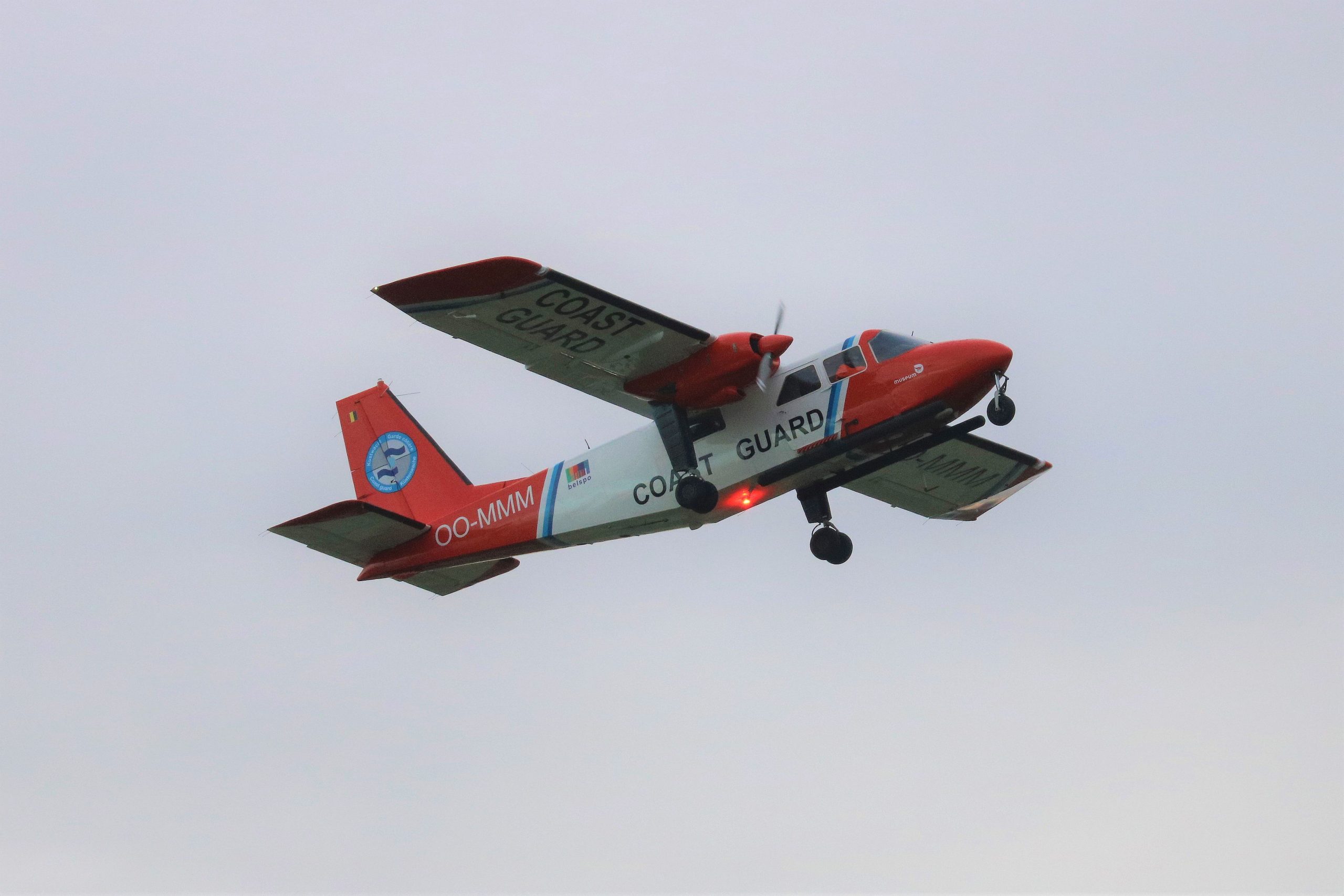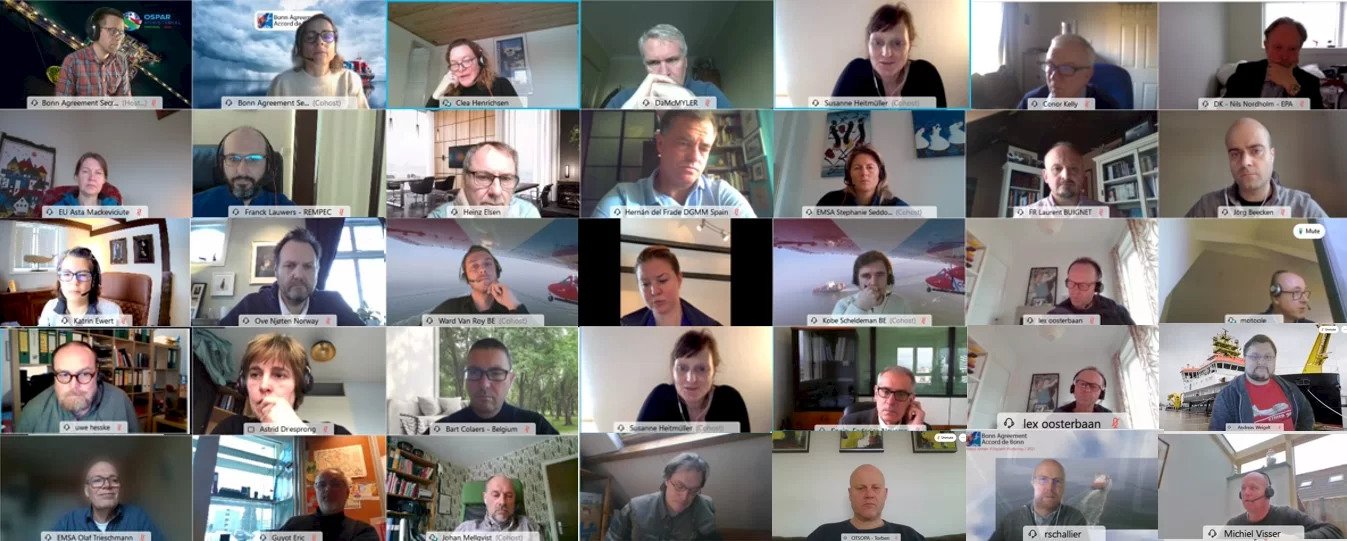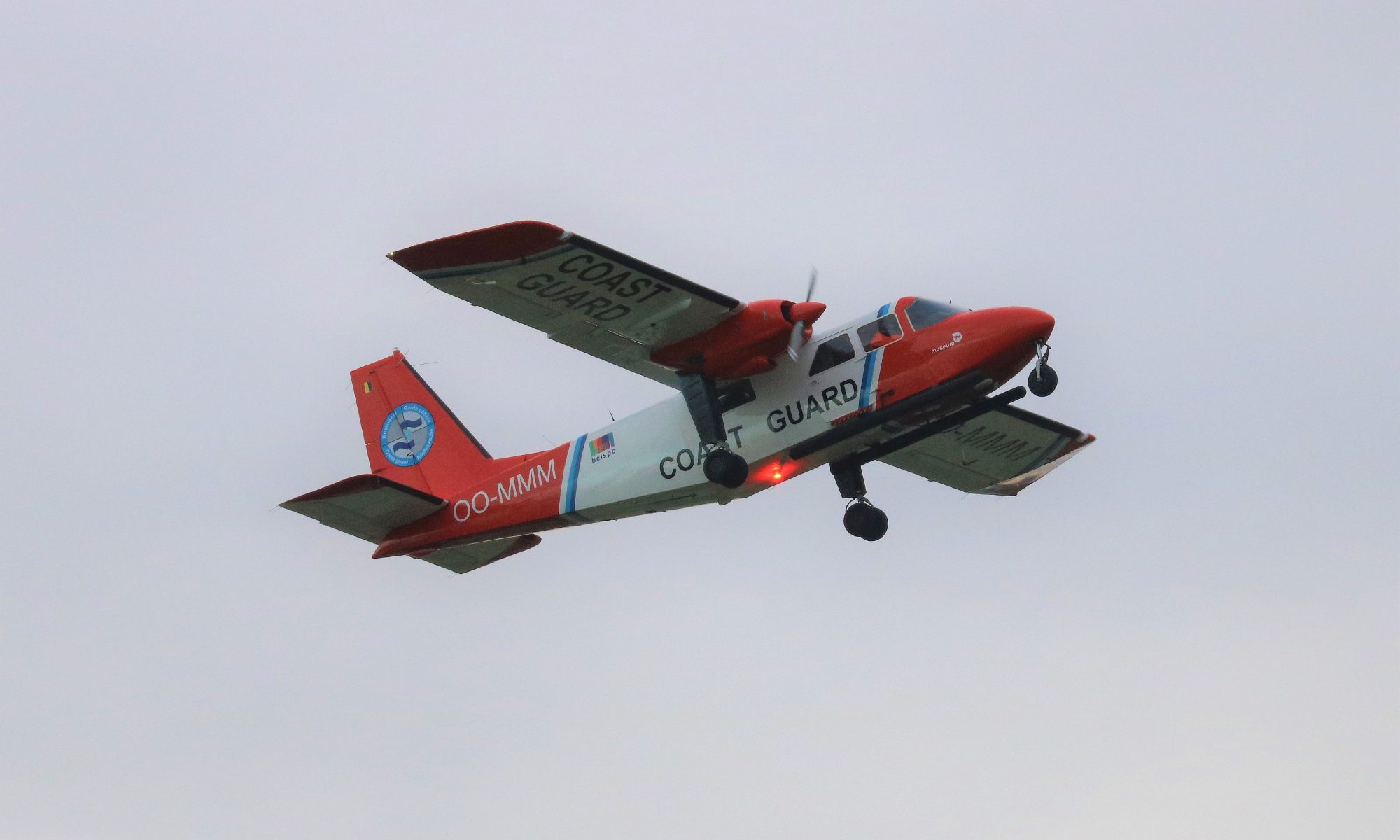MARPOL Annex VI Experts Workshop, February 2021
An expert Workshop aiming to develop a common strategy and operational procedures on the monitoring of air emissions by ships in the Greater North Sea area was held on 2 – 5 February 2021. The Workshop was chaired by Ronny Schallier of the Royal Belgian Institute of Natural Sciences (RBINS) and concluded on a set of recommendations that will be further explored. A promising start!

Pollution from Shipping Must be Tackled Internationally
The International Convention for the Prevention of Pollution From Ships (MARPOL) is a treaty of the International Maritime Organisation (IMO) and constitutes the main mechanism for the prevention of pollution of the marine environment by ships from operational or accidental causes. Six annexes lay down rules for the prevention of various types of pollution. Annexes I to V deal with various substances that can be released directly into the water by ships (oil, other noxious liquid substances, harmful substances in packaged form, sewage and garbage), while Annex VI deals with air pollution from ships.
On a regional scale, ten countries that surround the North Sea and its Wider Approaches, together with the European Union, cooperate in dealing with pollution of the North Sea by ships in the framework of the Bonn Agreement. Prevention, preparedness and response are on the agenda. The scope of work of this Agreement was recently extended by including MARPOL Annex VI surveillance, which implies the development of a region-wide monitoring strategy.
The Way to Harmonized and Coordinated Monitoring
On 2-5 February 2021, more than 60 experts from the Bonn Agreement Contracting Parties joined the Workshop together with the Chair of the North Sea Network of Investigators and Prosecutors and representatives from other regional agreements. The plenary session was chaired by Ronny Schallier of the Belgian Scientific Service MUMM (Management Unit of the Mathematical Model of the North Sea, part of RBINS; experts Ward Van Roy and Kobe Scheldeman of the MUMM surveillance team co-convened the meeting) and four parallel breakout groups were organised to discuss the legal, operational and scientific issues relating to the monitoring and enforcement of MARPOL Annex VI. On behalf of Belgium also DG Shipping (FPS Mobility and Transport) made a valuable contribution, explaining the legal context and the role of port inspections.

The use of the different platforms and sensors to monitor sulphur oxides (SOx) and nitrogen oxides (NOx) in the emissions from vessels was considered along with regional monitoring programs and using assets of the European Maritime Safety Agency (EMSA) to boost regional cooperation. The Workshop concluded on a set of recommendations to be further explored through a Strategic and Operational Working Group and a Technical Working Group under the umbrella of the main Technical Working Group of the Agreement, OTSOPA.
“Sulphur oxides and nitrogen oxides in the emissions of ships not only have a significant environmental impact but are also important triggers of fine particulate matter and pose a serious public health problem. This Workshop can be considered a successful start of a coordinated, effective compliance monitoring of the strict international standards for ship emissions in the North Sea” Ronny Schallier explains. “In the fight against air pollution from ships, the 10 countries of the Bonn Agreement and the EU will jointly deploy various platforms (aircrafts, drones, fixed measuring stations) and innovative sensors throughout the wider North Sea area, from the Gulf of Biscay to the Scottish and Norwegian waters. In this joint effort, the Coast Guard aircraft of the Royal Belgian Institute of Natural Sciences (MUMM) will continue to play an important pioneering role.”

